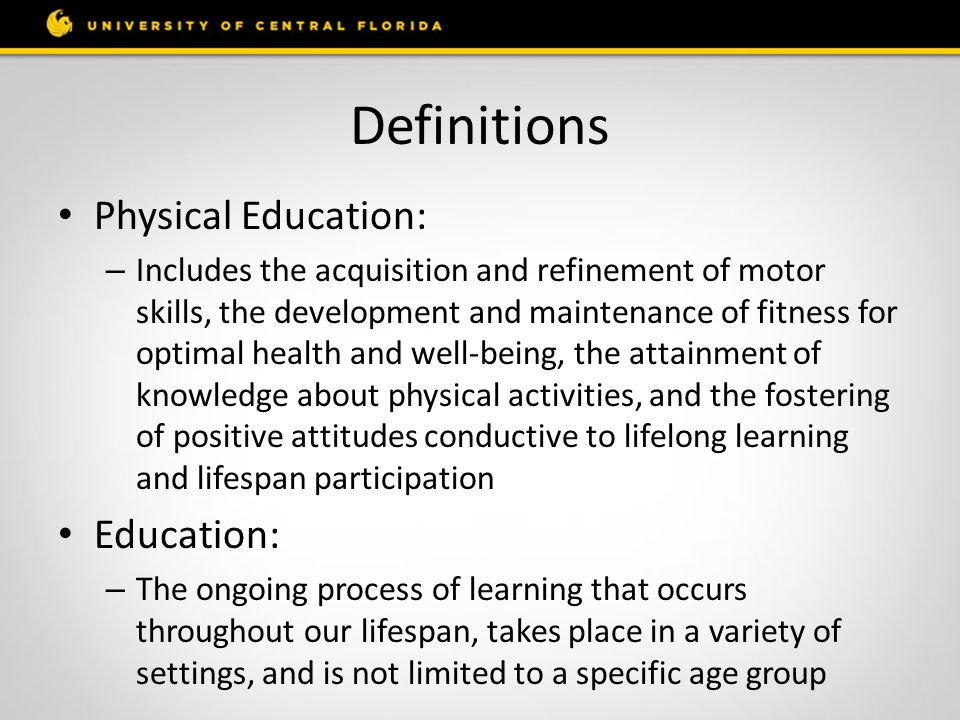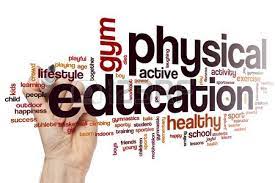Physical education is a field that has been studied for centuries, and there are many theories and approaches that have been developed over time. Here are some of the most famous theories of physical education:
- Motor Development Theory: This theory, developed by David Gallahue, focuses on the development of motor skills in children. The theory emphasizes the importance of providing children with developmentally appropriate physical activities that can help to promote the acquisition of motor skills and physical fitness.
- Social Learning Theory: This theory, developed by Albert Bandura, emphasizes the importance of observational learning and social influence in the development of physical activity behaviors. The theory suggests that individuals learn from observing others, and that social support can be an important factor in promoting physical activity.
- Ecological Theory: This theory, developed by James Sallis and Neville Owen, emphasizes the importance of the physical and social environment in promoting physical activity. The theory suggests that environmental factors, such as access to parks and recreation facilities, can play a significant role in promoting physical activity behaviors.
- Wellness Model: This model, developed by Halbert Dunn, emphasizes the importance of overall wellness and healthy living. The model suggests that physical fitness is just one aspect of overall wellness, and that individuals should focus on achieving balance in all aspects of their lives.
- Cognitive-Developmental Theory: This theory, developed by Jean Piaget, focuses on the c of children and how this influences their physical activity behaviors. The theory suggests that children progress through stages of cognitive development, and that physical activity can play an important role in promoting cognitive development.

Overall, these theories and models provide a framework for understanding the factors that influence physical activity behaviors and can help to guide the development of effective physical education programs.



